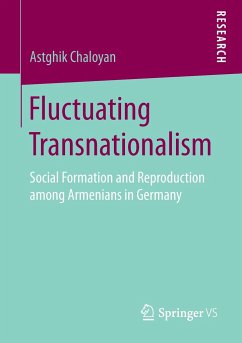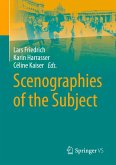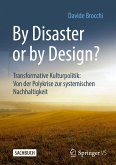This book concerns various modes of being transnational among a diasporic population-Armenians in Germany-by drawing parallels between the first and second generation migrants. It puts forth the questions as to whether or not, and which kind of transactional activity/ties/practices survive over generations, and to what extent transnational engagements influence self-identification and the sense of belonging. It also examines how various modes of transnationalism, in turn, impact the sense of belonging. The book fleshes out new perspectives and interpretations of transnationalism, by revealing specific aspects of border-spanning ties, and by showing that connections to the country oforigin do not necessarily need to be sustained or intensive in order to survive. They can, instead, fluctuate depending on various factors but still have the "right" to be called transnational.








